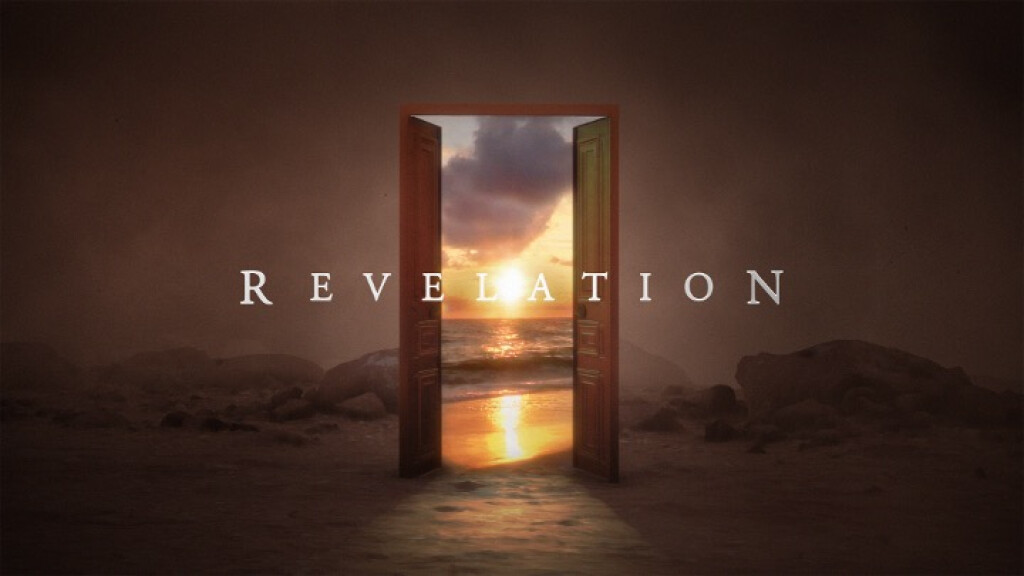Summary
When I talk to non-Christians, there are two typical go to’s that they want me to explain. They want to talk about the problem of evil and suffering. If God is all-powerful and all-loving, why does He allow evil and suffering? Suffering remains a mystery in many ways, but Christians trust in God’s goodness and His promise to ultimately wipe away all tears (Revelation 21:4). In the meantime, we are called to trust Him and bring hope to a hurting world.
Sermon Questions
- What is your first emotional reaction to these chapters—fear, awe, confusion, hope? Why? How do you typically respond to the theme of God’s judgment? Does it bring tension or comfort?
- In Revelation 15:2-4, the saints sing the “song of Moses and the Lamb.” Why is worship placed before judgment in this vision? What does this song tell us about God’s character?
- Why do you think God’s judgment is described in such graphic, intense terms? What is the purpose behind these detailed depictions of wrath?
- Revelation 16:5 says: “You are just in these judgments.” How do you reconcile God’s love and His justice in passages like this? Why is it important that God is both merciful and just?
- Are there ways in which you’ve ignored or minimized God’s holiness or justice in your spiritual life? How does this vision of judgment motivate you to live more intentionally for Christ?

